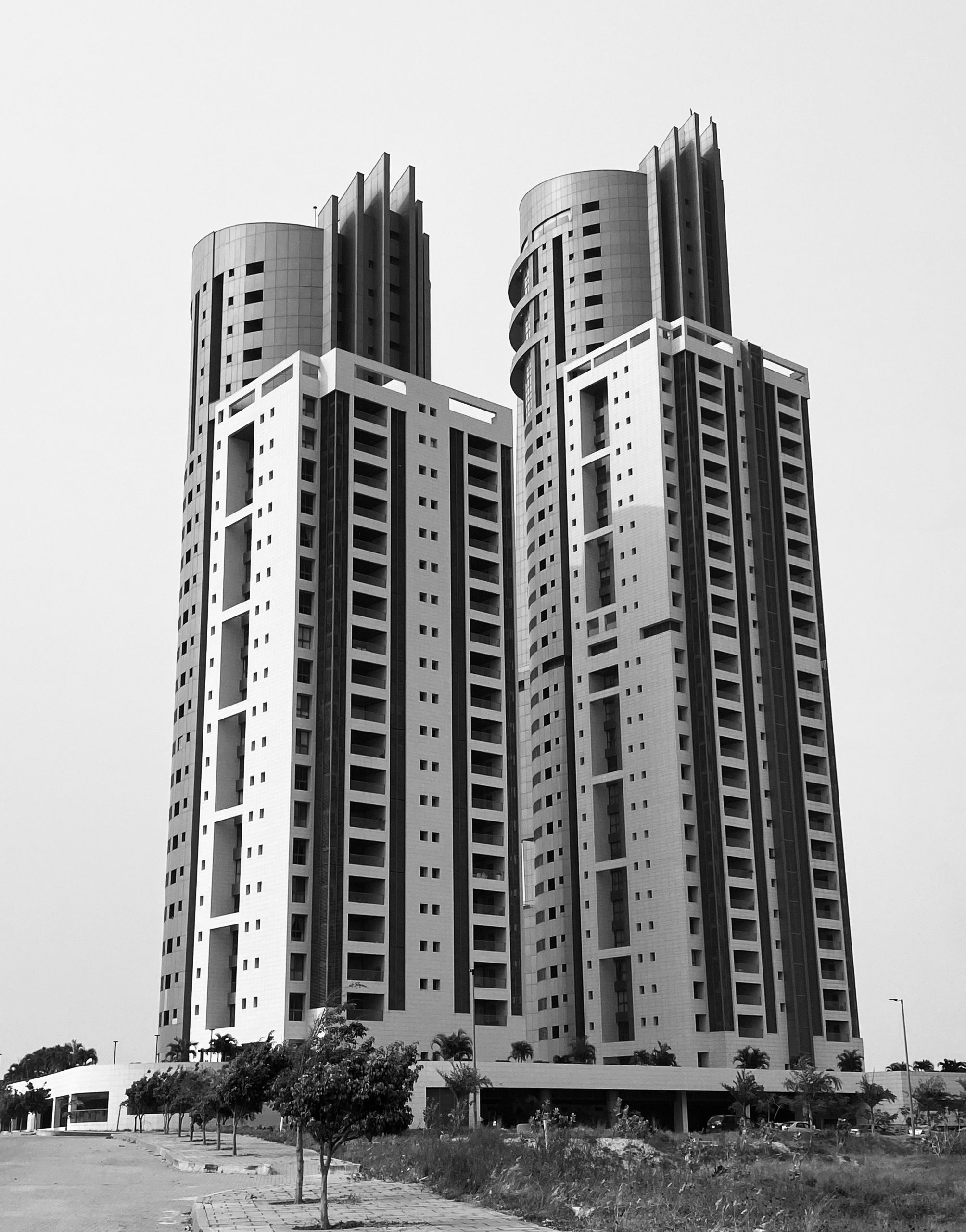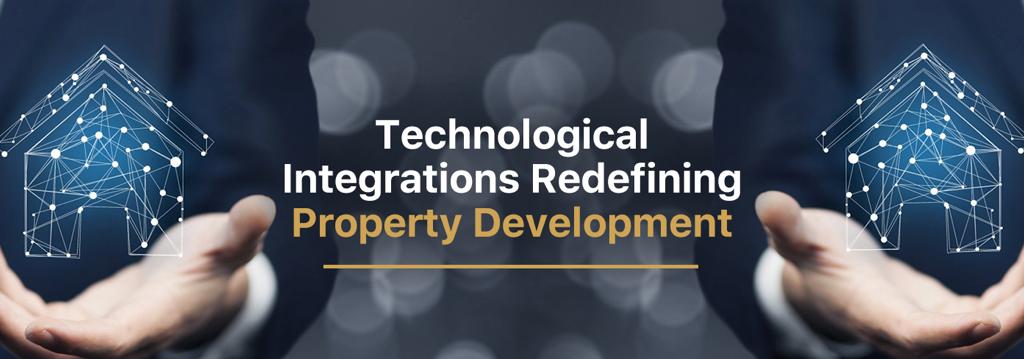Real estate is the sector of the economy in Nigeria that is most critical to the country’s overall prosperity. The world’s largest asset class is comprised of real estate properties. Real estate accounts for around two-thirds of the world’s total assets. Everyone requires a location to call home, and everyone requires a place of employment. In the world of covids, the location of one’s home and place of employment can be the same. In any economy, real estate is a major driver of economic activity in a favorable direction. When someone acquires a property, they will need to purchase furnishings for the home. Building real estate involves the sourcing of local materials, which offers employment opportunities. It is a significant sector of the economy that is essential for Nigeria’s continued development. In spite of the challenges that have been present in the real estate industry over the past two to three years, such as title problems, difficulties in gaining access to mortgages, and construction problems, we have since witnessed an extraordinary amount of real estate activities all over the country.
Despite the fact that there weren’t many activities in the sector four to five years ago, A study that was published by Lancet found that Nigeria is expected to have the world’s second-highest population by the year 2100. People are one of the most essential forces that drive the real estate market. The question “how many people are there in a country?” is an essential one to investigate. In Nigeria, the demand for real estate has been steadily growing over the course of the past several years.

In this piece, we will highlight eight different development paths that can lead to economic success in the real estate market in Nigeria.
- Facilitate the expansion of service-based exports
- An atmosphere that is more favorable to business
- Tapping into the potential of the global diaspora
- Low capital formation for investment
- Development growth on a national scale
- Transition from the informal to the formal sector
- Bringing dormant assets back to life
- Moving away from focusing on GDP and toward focusing on SDGs







